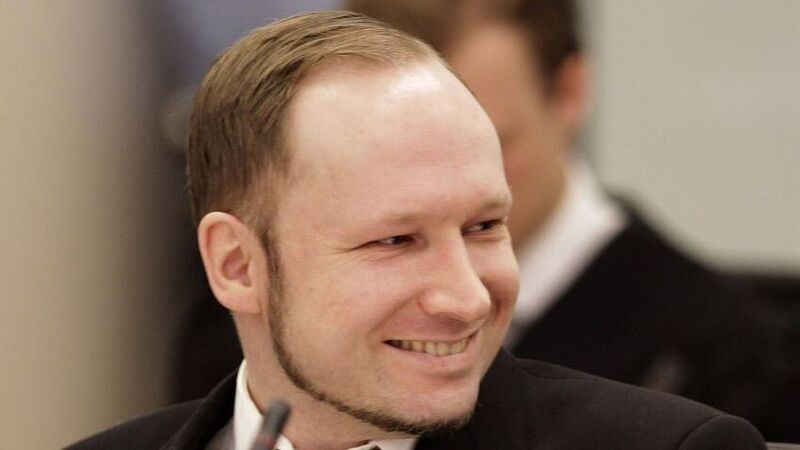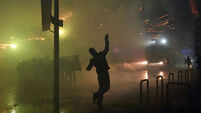Breivik: I'd do it all again

Anders Breivik tried to defend his massacre of 77 people today, insisting he would do it again and calling his rampage the most “spectacular” attack by a nationalist militant since the Second World War.
Reading a prepared statement in court, the anti-Muslim extremist lashed out at Norwegian and European governments for embracing immigration and multiculturalism.














